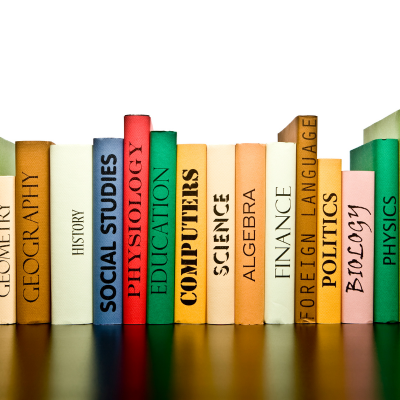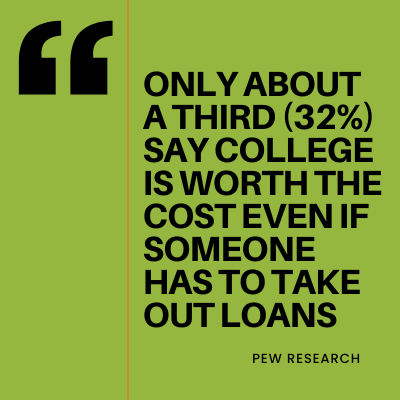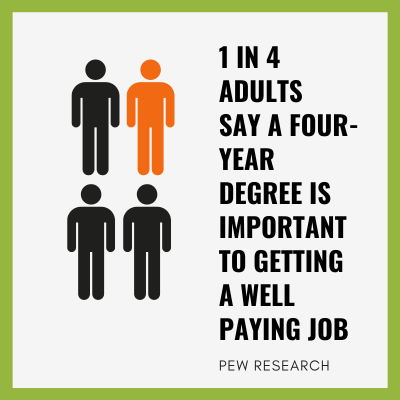By Emma Pettit and published at Chronicle.com
Not the government, most Americans say.
Over the past two and a half years, combatting perceived out-of-control leftism in higher education has become not only a salient conservative talking point but a legislative priority in some states. Since 2021, Republican state lawmakers have advanced bills that aim to restrict how “divisive concepts” and other ideas can be discussed on campus.
But according to a new national poll from The Chronicle, Americans from both major political parties tend to oppose substantial government influence over what’s taught in college classrooms. Only 37 percent of respondents say that state governments should have a great deal or a good amount of sway. For the federal government, that figure was 32 percent. Many more respondents support this level of influence from internal actors — professors, students, and college administrators — and also from business and industry leaders.
This bipartisan finding “could be interpreted as a knowing rejection by people across the ideological spectrum” of the type of law that Gov. Ron DeSantis, a Republican of Florida, and the state’s Republican-majority legislature, along with several other states, have passed, Amy J. Binder, an author of books about student political activism and higher ed, wrote in comments to a reporter about the results. (Many similar bills have not passed.)
Still, the results of the representative, random-sample survey of 1,025 adults, which was produced by Langer Research Associates, indicate that Republicans and Democrats are not in alignment on many other issues, with Democrats frequently seeing higher education more favorably than Republicans. A majority of Democrats — 56 percent — rated colleges as excellent or very good at educating students, compared with just over a third of Republicans. That divide holds true regarding what kind of influence people think four-year colleges have on students’ political views, and on students’ personal values and their thinking over all. Sixty-one percent of Democrats say that colleges influence students’ political views positively, for example, compared with 26 percent of Republicans.
The partisan split in people’s opinions of higher education is not new, said Neil Gross, a professor of sociology at Colby College, in Maine, who wrote the book Why Are Professors Liberal and Why Do Conservatives Care? But the degree of the split found in the survey is “remarkable,” Gross said, and presents “a very challenging situation for higher-education institutions to navigate, and for the future of the country.”
Read the full article here.


